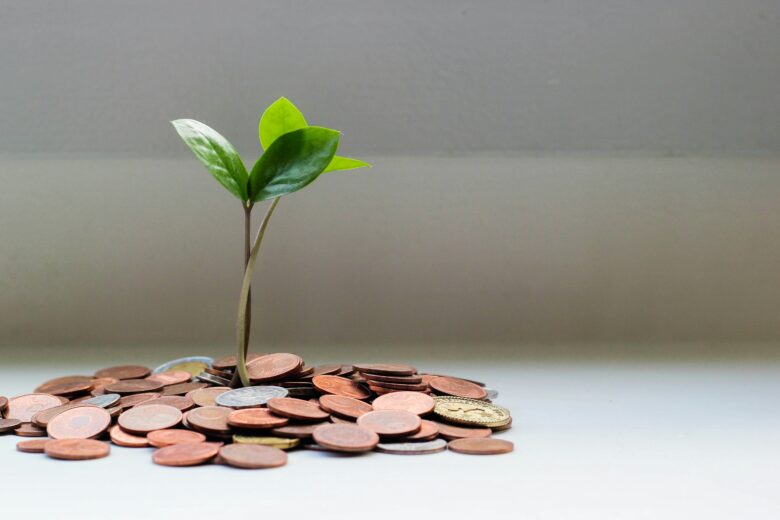When I married a baseball player, I never imagined our regular conversations would one day include such adult terms in the familiar: interest rates, equity, inflation, and investments. But baseball players retire, and some of them trade in ball hats for business cards. I especially love my banker.
Alongside earthly accounts, another kind of investment threads its way into our daily dialogue: the eternal. We ask ourselves, not just how to steward our money, but how to steward our time. Not just how to grow our savings, but how to grow in mercy. Not just how to prepare for retirement, but how to prepare for heaven.
Mary Ann Evans, whose penname was George Eliot, wrote a poem called “Count That Day Lost.” In it, she offers a kind of spiritual ledger: a day is well spent if it includes “one self-denying deed,” “one word that eased the heart,” or “one glance most kind.” But if, at day’s end, we’ve “cheered no heart” or brought “no sunshine to one face,” then she says to count that day “as worse than lost.”
In our Catholic tradition, we are to end each day with an examination of conscience. It’s a quiet moment to reflect, repent, and renew. Consider it an audit of the heart. Lately, I’ve begun asking myself a simple question: Did I spend today, or lose it?
That one question begs me to consider how I used the gift of a new day. Did I pause to listen, to laugh, or hold space for another? Did I forgive quickly, speak gently, or serve without being seen? Did I make a meal with love, or sweep a floor with prayer? Did I offer mercy without conditions?
We’re called to be Christ to one another, to love without counting the cost. But what does that look like today? I’ll tell you; it looks like spending precious time.
In Matthew 13:44, Jesus tells of a man who finds treasure hidden in a field. In joy, he sells all he has to buy that field. It’s a parable of the Kingdom—a quiet, costly exchange that reveals what Heaven is really worth: everything. All of it.
In the short parable, the field may seem ordinary, even overlooked, but beneath its soil lies eternity. To “buy the field” is to spend our days not on what glitters, rather digging into the ordinary. The wisest investments are often hidden, slow, and sacrificial, but in a divine economy, they yield treasure that cannot be lost.
I’ve lost time before. Wasted it. Squandered it. Though I once was lost, now I’m found, and my faith calls me to action.
My advice is simple: spend, spend, spend. Spend the currency of eternity: time. May we never lose it.
Feature photo by micheile henderson on Unsplash
